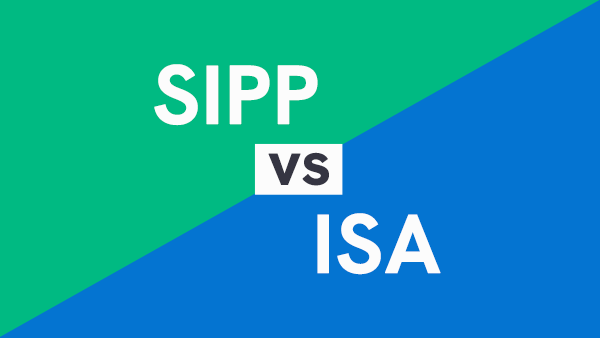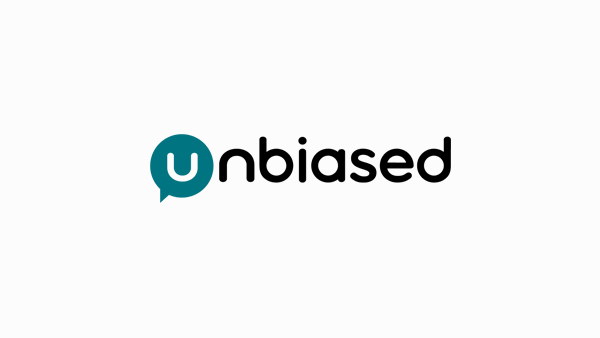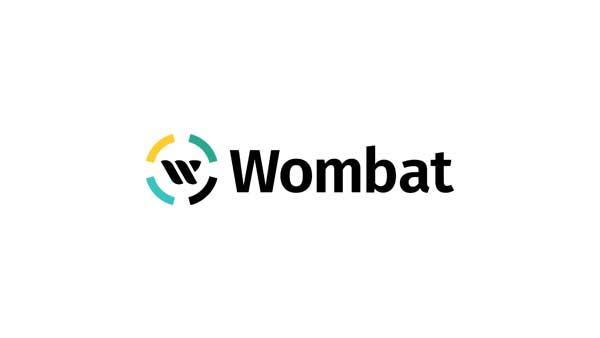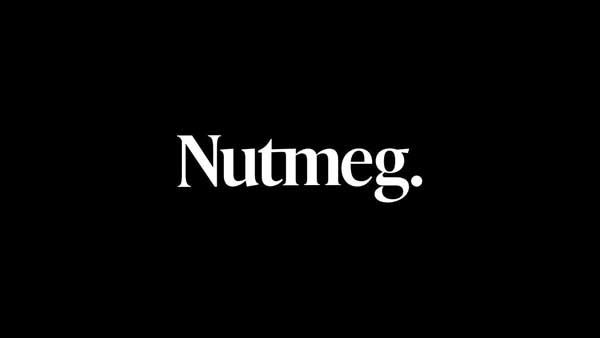SIPPs and ISAs are both ways that UK consumers can tax efficiently save. The individual savings account or ISA, is a way to save or invest up to £20,000 each year tax free, whilst a SIPP allows you to save for your pension tax efficiently. But what are they, which should you choose, and can you have both?

Table of Contents
What is an ISA?
An individual savings account, or ISA, is an investment or savings account that enables UK citizens to invest or save tax efficiently.
Initially introduced in 1999 by the UK government in an effort to encourage people to save. Each year every person gets a tax free allowance that can be used in an ISA account.
Tax-efficient ‘wrapper’
ISAs are a type of wrapper. If you hold savings or investments within a tax efficient wrapper, it ‘wraps’ around the capital, protecting it from taxes on any returns on investment or interest that you may gain on that capital.
ISA Pros and Cons
The benefits of an ISA include:
- An ISA is tax free up to the annual allowance
- ISAs are very easy to move from one provider to another
- ISAs have no age limits or restrictions (unlike SIPPs)
- ISAs are very simple to set up and there are many providers, offering different types of ISA
The drawbacks of an ISA include:
- With a cash ISA, it is possible that the rate of interest you get is lower than inflation
- With a stocks and shares ISA, your capital is at risk as with any investment
- You cannot put more than £20,000 per year into an ISA
- No tax relief on contributions
- You cannot carry forward your ISA allowance – you must use it within the year or lose it.
What types of ISA are there?
There are several different types of ISA available, based on different ways to grow your money, and different things that you may be saving for.
Cash ISA
The cash ISA is the simplest version of an ISA. It is really very similar to a savings account, in that you deposit cash into the ISA, and it pays interest like a savings account. The difference is that there is no income tax due on the interest on your ISA balance.
Like any savings account, you will need to decide the type of savings you prefer. ISAs will often be fixed rate savings accounts, where you will need to lock up your money for a period of time – for example 1, 3 or 5 years. Alternatively you can get a variable rate, where you can access your cash quickly, but the interest rate will likely be lower.
Stocks and Shares ISA
A stocks & shares ISA allows you to invest with your ISA allowance, for example in stocks, shares, bonds etc. Commonly those with ISAs will invest in exchange traded funds – ETFs, which are collections of assets put together to increase the diversification of an investment.
With investments it is always good to look at a longer term strategy, ideally more than 5 years. Over longer periods, investments will give a better return than savings accounts/cash ISAs, but of course investments also carry more risk.
It is also possible to get other types of ISA, such as a Lifetime ISA, junior ISA, and innovative finance ISAs.
The ISA Allowance – how much money can you pay into an ISA?
Each tax year, every individual gets an allowance that they can pay into an ISA or ISAs. For 2023/2024, the current annual allowance is £20,000.
Therefore, you can pay £20,000 into your ISAs during this tax year. Then, any return on the money put in, whether interest, dividends, or gains made when selling assets, or any other return, will not get taxed, whether income tax, capital gains tax, or anything else. This is something that can really add up over time and add to your capital.
You can have multiple ISAs within the same year, as long as they are of a different type. For example, you can get a cash ISA (which is similar to a savings account), and a stocks and shares (investment) ISA. You can then use your £20,000 allowance between these ISA accounts. The annual ISA allowance is across all your ISAs, not per ISA.
For example, you could decide to put £15,000 or your allowance into a cash ISA, then you would have £5000 remaining that you can put into a stocks and shares ISA.
ISA Tax Benefits
UK residents should take advantage of their ISA allowance, as why would you not save tax on the interest or return on investments on your money if you can! However, UK tax payers do also get tax allowances on interest and dividends outside of ISAs too.
With interest, basic rate tax payers can earn up to £1000 in interest tax free per year. For higher rate tax payers, this amount is £500. For dividends on investments, it is possible to earn £1000 before paying tax.
Therefore, is it worthwhile to get an ISA? The answer is definitely yes, as you can get tax relief on your full allowance every year, year after year.
How to choose an ISA provider
Which provider you choose for your ISA depends on the type of ISA you wish to have. If it is a cash ISA, then the main consideration would be the interest rate you get, as it is similar to a savings account.
For stocks and shares ISAs, you will have more to decide. Most investment platforms offer a stocks and shares ISA, so you will need to decide what type of investing you prefer. You can invest passively, where the provider makes the builds the portfolio and makes the investments for you. Robo advisors platforms or traditional financial advisors follow this method.
You can also try active investing, where you decide on what assets to put in your portfolio, and make the trades yourself. There are many investment platforms and trading apps that allow you to do this. It can be complicated for beginners however.
We have put together a round-up of the top investment apps in the market that could be a helpful resource.
How much does an ISA cost?
There are no costs for an ISA as such. With a cash ISA, you will generally just receive interest in a similar way to a savings account.
With a stocks and shares ISA, you will generally use a financial adviser or an investment platform. These have different ways of charging depending on the type of investing you do. For example, if you use a robo advisor, such as Nutmeg or Moneyfarm, they will do the investing for you, and will charge you an annual percentage of the total amount you have in your ISA.
With platforms where you make the investments yourself, such as Hargreaves Lansdown or Interactive Investor, you will also need to pay per trade you make.
What is a SIPP?
A self invested personal pension, or SIPP, is a type of private pension where you control how you invest, what platform you use to invest, and what assets you invest in. It is similar to a workplace pension, however, in that scenario you have to invest with the provider that you employer pension is held with. With a SIPP the choice is yours.
If you already have a workplace pension, then it still makes sense to get a SIPP as well, as the more diversified parts of your pension the better.
If you don’t have a workplace pension, for example if you are self-employed, then it is crucial to get a SIPP, as the state pension is quite low and not easy to live on! In 2023/2024, the state pension is £203.85, so definitely good to increase the amount you have in your pension pot.
SIPP pros and cons
The benefits of a SIPP include:
- You have control over your portfolio
- Tax relief on your contributions
- SIPP is not subject to inheritance tax
- A SIPP can be used alongside other pensions i.e. state pension and workplace pension
- You do not pay tax on your dividend income, and no capital gains tax on the growth of your investments
- Very easy to manage, with a wide variety of providers to choose from
The drawbacks of a SIPP include:
- Funds in a SIPP cannot be accessed until after the age of 55
- You have control, which means you are responsible for the investment decisions within your SIPP
- You need to ensure that you have enough time to manage your SIPP
- SIPPs involve investment, so there is always the risk that you will end up with less money that you put in
The SIPP/pension annual allowance
Every UK resident has an annual allowance that they can contribute to their pension, which can include a SIPP, and get tax benefits. The maximum you can pay in is the amount that you earn, or £60,000, whichever is lower.
SIPP tax benefits
An important thing to note is that with a SIPP you get a free government bonus! The government wants everyone to have enough in their pension pot to be able to live in retirement, without having to rely on benefits. Therefore they have baked in tax relief so that any money you put into your SIPP will be free of tax.
The way that this works is that any money that you pay into your SIPP will come from your net, or after tax earnings. However, once the money goes into the SIPP, the government will add 20% on top of what you put in. This means that you get the full amount from without having to pay income tax on what you put in.
When should you use a SIPP?
A SIPP can be a great way to diversify and have control over you pension pot. If you have a workplace pension, then you will be limited to the pension provider that your employer uses, and the assets they invest in.
With a SIPP, you can choose whatever provider you wish, and whatever way or investing. You can even manage all of the investments yourself!
Ideally a SIPP is one part of your pension plan, in addition to your state pension and a workplace pension (if you have one).
Who can open a SIPP?
Anyone under the age of 75 in the UK can open a SIPP.
How to choose a SIPP provider?
There are many different types of SIPP provider out there. Most investment platforms will offer a SIPP product, in a similar way that they mostly all offer a stocks and shares ISA. Which one will be right for you will depend on how you wish to manage it.
If you wish to have the platform make the investment decisions and do the investments, then a traditional financial advisor or robo advisor (such as Nutmeg or Wealthify) could be the best for you.
If you want to manage everything yourself, then a platform such as Hargreaves Lansdown or Interactive Investor will allow you to do this.
How much does a SIPP cost?
The costs of a SIPP really depend on the platform you use to manage your SIPP. If you use a provider that manages your investments, such as a robo advisor or a traditional financial advisor, then you would usually be charged an annual percentage of the amount you have invested. For example, if you had £100,000 invested, and the annual charge was 1%, then the annual fee would be £1000.
If you use a platform where you make the trades yourself, then you may have a similar annual percentage, but it is likely lower than the managed platforms. However, you will likely need to pay a fee for each trade you make.
SIPP or stocks and shares ISA? Or both?
In an ideal world, you would find a space to have both an ISA and a SIPP in your financial plan. They both offer a way to save on taxes, and really save for your future.
It makes sense to have as many diversified elements for your savings and investments. With a SIPP that is obviously for your retirement. With an ISA, you can also save for retirement, but also maximise your savings for other things, such as a deposit for a house.
A big difference between a SIPP and and ISA is when you can take the money out. With an ISA there are not really any limits as to when you can take the money out. However with a SIPP, you cannot access the money in there until you are 55 (this rises to 57 in 2028).
SIPP vs ISA FAQs
ISAs and inheritance
In the event of your death, your ISA will end either when the executor of your estate closes it, or the administration of your estate is completed. There will be no income tax or capital gains tax due, but ISAs form part of your estate and will be subject to inheritance tax.
SIPPs and inheritance
Inheritance tax on your SIPP depends on the age at which you die. If you die before the age of 75, then there is no inheritance tax due on the funds remaining in your SIPP. If you die after the age of 75, then your beneficiaries will need to pay income tax on the amount they receive. A SIPP will not be included as part of your estate.
SIPP vs ISA – Summary
ISAs and SIPPs are both great ways to invest for your future tax efficiently. Both have their unique features, and many people would benefit from finding a way to have both of them as part of their financial strategy.
Articles on the wiseabout.money website may contain affiliate links. If you click these links, we may receive compensation. This has no impact on our editorial and any money earned helps us to continue to provide the useful information on our site.









